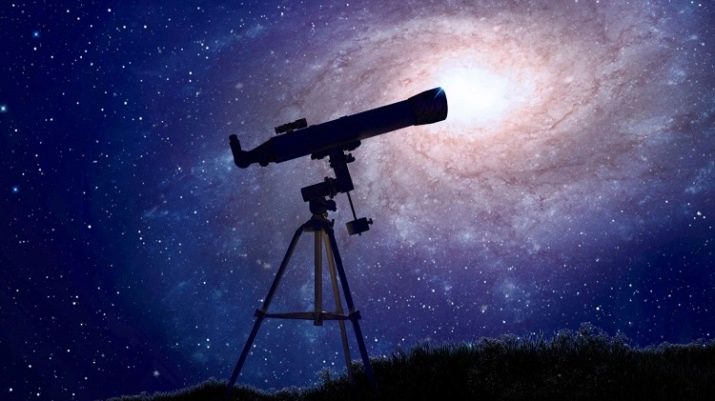History professions
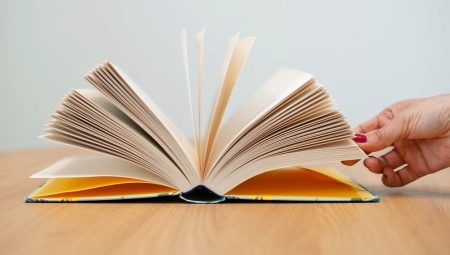
Today history is not only an educational, but also a scientific discipline. Many types of activity are associated with it, and some of them, at first glance, from a completely different sphere. In this article, we will consider the most in-demand professions related to history.
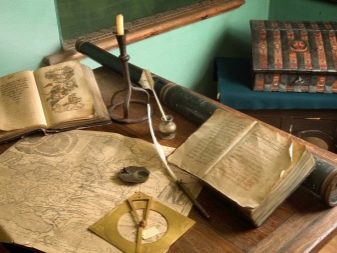
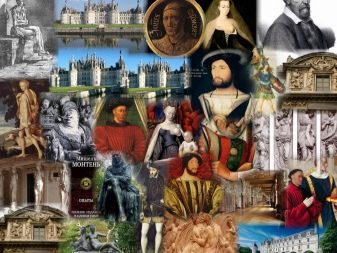
Peculiarities
History is a humanitarian science that studies the development of human society and its ideological views. There are a lot of professions that people with a history education can take, since knowledge of the history of society and the stages of its development is necessary for many specialties. Knowledge of history is especially important for those who intend to work in the educational, political, managerial and sociological fields. The choice of the direction of activity will depend on the knowledge, education received and abilities.
History is a rather extensive subject, so it is impossible to be a professional in all its areas. Each specialty studies certain aspects related to a particular area. And only by combining your knowledge, you can recreate the most complete picture of the life of mankind.
We should be grateful to the people who do not let us forget the past of their people.
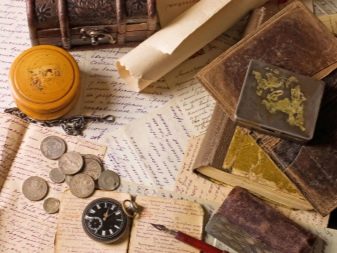

Profession overview
The list of professions related to history is quite large. Let's consider the most popular ones.
Teacher of history
A teacher of historical science can be a specialist who has received a higher pedagogical education in the field of history. A professional history teacher should understand the importance of the role of their subject individually for each student and help students master analytical skills, which will help not only to understand the past, but also to know the present, as well as to predict the future based on historical facts. A good teacher will teach you to understand the history and processes taking place around the world in the past, and not just memorize the dates of the beginning and end of wars. It is important not only to convey information to students, but also to contribute to the formation of a person's worldview and cultural values.
A professional history teacher must have:
- good memory so as not to read material from a book or a piece of paper;
- communication skills and flexibility to find a common language with students;
- organizational skills in order to correctly allocate lesson time;
- a high level of concentration of attention, so as not to be distracted from the given topic.
A school teacher, like a lecturer at a university, must be attentive, erudite, emotionally stable and have a broad outlook. Do not forget that working with children is not as easy as it seems. You need to have patience and wisely answer tricky questions. In our country, history teachers are in demand in all schools, colleges, gymnasiums and universities. Knowledge of history will also be needed in cultural institutions such as libraries, museums and archives.
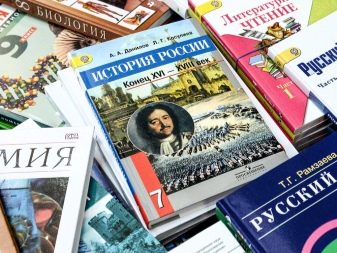

Historian
The specialist is engaged in the study of historical facts. Using his knowledge, he is able to recreate the most complete picture of events taking place in the past related to the life of entire nations and states, as well as individuals at different periods of life. Authors of books whose novels were associated with historical events often turned to historians for help. However, the profession is not as simple as it might seem at first glance. After all, knowledge is not enough, you need to additionally collect and analyze each fact found, while studying a huge number of sources, archives, literature and try to figure out how reliable the data is.
To carry out their work as competently as possible, historians need the following skills:
- the ability to analyze and logical thinking to combine the information received into one text;
- good memory for memorizing all dates and symbols;
- the ability to perceive and correctly disassemble sources;
- love for their work and the ability to correctly form and argue their point of view.
Historians are in demand not only in the educational, but also in the scientific, cultural and research fields. Specialists will become assistants for many journalists and writers, whose articles and books have a historical bias and need reliable information about the events being described.
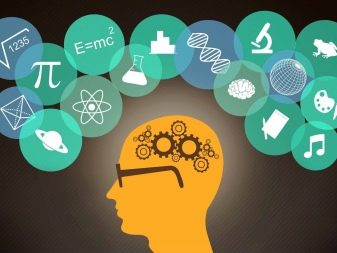
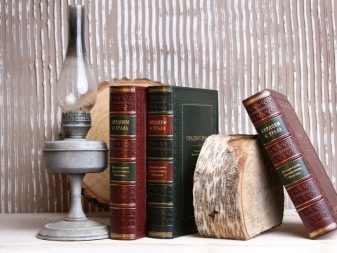
Ethnographer
Ethnographers study the ethnic characteristics of individual peoples. The research includes the analysis of was, the culture of a particular nation, its traditions and origin. If necessary, the specialist traces the movement and resettlement of the people, observing how religious and political views have changed depending on the place of residence. Ethnographers also study the language and communal structure of a nation.
In their research, they rely on material objects such as clothing, jewelry, and other household items. The ethnographer conducts a variety of examinations, works with the historical heritage, conducts surveys, makes ethnographic maps. For specialists in this area, the following is important:
- the ability to analyze the collected information;
- love of research;
- the ability to competently prove your point of view;
- accuracy, attention to detail and meticulousness.
Professional ethnographers are essential for museums and historical institutions with a research bias. Their skills will be useful in travel companies, as well as in the media.
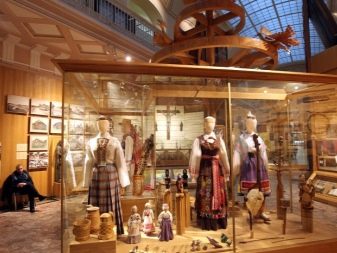
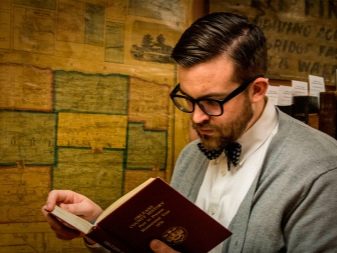
What specialties are related to history and other subjects?
In addition to specialties that are directly related to history, there are professions where knowledge of facts from the past is needed only indirectly, but at the same time it is very important.
Literature
History and literature have much more in common than it might seem at first glance. First of all, both of these sciences are humanities, they require a competent presentation of thoughts, the ability to describe events and have a large vocabulary. The most striking examples in this area are writers whose novels are devoted to real historical events. People are always interested in reading about the past, but if real facts are mixed with literary fiction, you can get a real masterpiece. As, for example, "War and Peace" by L. N. Tolstoy or "Taras Bulba" by N. V. Gogol.
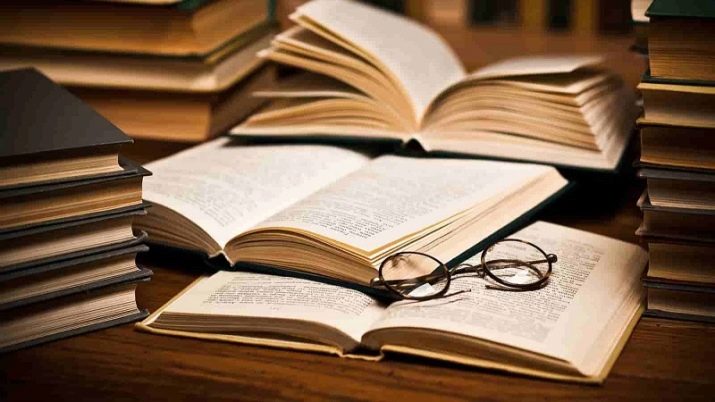
Society
One of the main specialties in this case is political science. A professional political scientist is engaged in the analysis of human activities, the study of political processes that are taking place in our time, and the development of a country's development strategy. However, in order to correctly interpret the events taking place in the state, it is important to know how political processes took place in the past. Experts examine the political situation today and compare it with similar events in the past. This allows you to build an approximate chain of development and the result that will follow certain actions.
Political scientists need:
- the ability to competently analyze and collect information;
- have an excellent memory for dates and events;
- the ability to cooperate and communicate with people;
- competently express your thoughts and prove your point of view;
- composure and charisma that will keep the audience's attention.
Political scientists are needed in a variety of public organizations, government agencies and consulting firms.
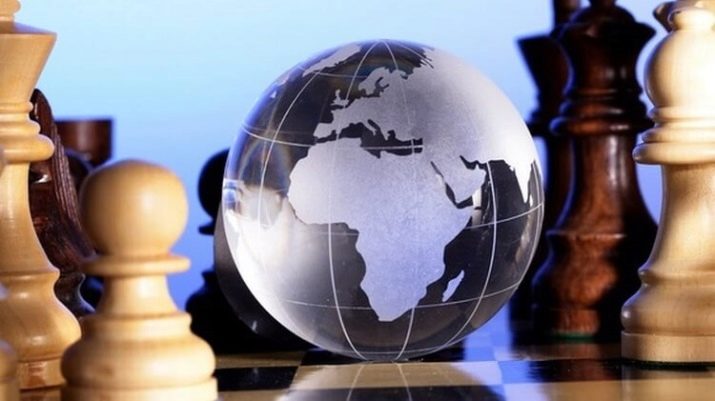
Art
Art critics are engaged in the study of works of fine art. Each specialist, as a rule, specializes in a particular era or direction. They try to study their chosen art as deeply as possible in order to later become an expert in this field and act as an expert in evaluating art objects. This work requires great scrupulousness and deep knowledge. It is important to competently study and be able to analyze the work, because you often come across unique masterpieces that must be properly evaluated in order to understand its true value.
The following skills are required for this profession:
- love of art;
- attention to detail;
- broad outlook;
- good memory;
- ability to analyze.
This profession is in demand not only in museums, but also among private collectors, journalists and writers. You will always be welcome in galleries and research centers.
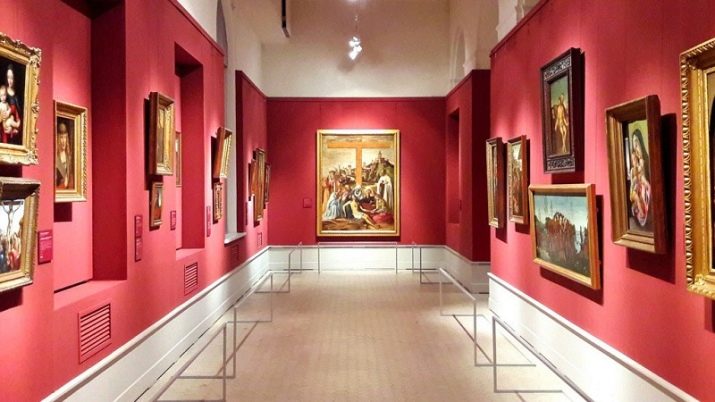
Astronomy
Many people do not believe in astronomical predictions and consider them stupid, but if you dig deeper into the past, you can learn a lot of interesting things about the present and the future due to the arrangement of the planets. Of course, this applies to professional astrologers who work with higher categories, and not specialists who make initial layouts for ordinary people. Every year there is more and more evidence that the arrangement of celestial bodies directly affects the life of people.
Astronomers are able to predict and give an approximate analysis of the development of events, comparing the analogous position of the planets with historical facts from the past. In this profession, the following are very important:
- pedantry and attention to detail;
- the ability to make comparative analyzes, focusing on the information received about the events of the past;
- knowledge of the properties and influence of the planets.
Specialists in this area are needed in political and government organizations. Their skills will also be useful for the media.
